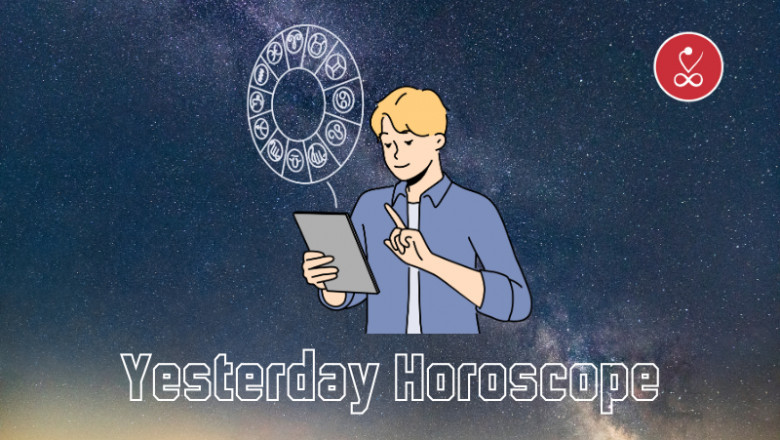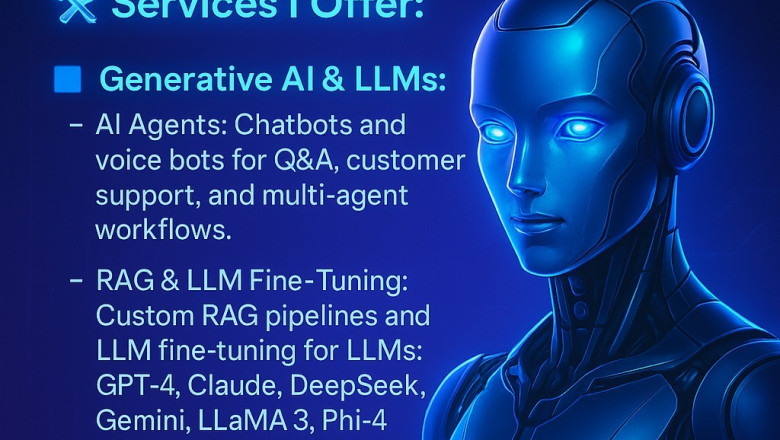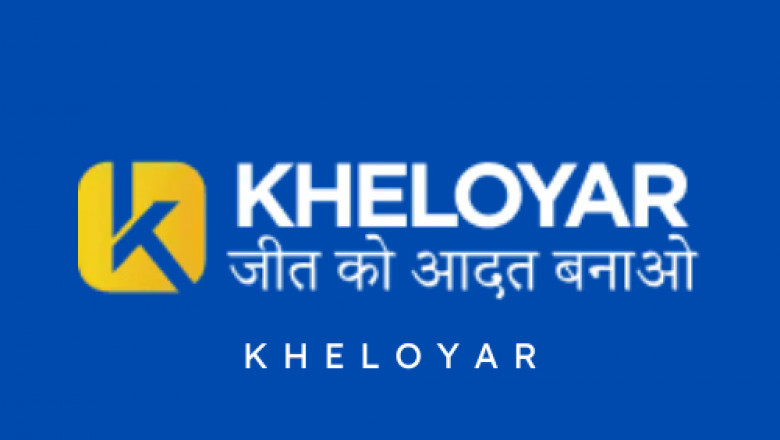An Overview of Technology and Innovation in Las Vegas
-

Explore how a trusted travel agency in Gorakhpur simplifies and enriches pi...

Smooth away wrinkles with Botox in Jeddah! Experience youthful skin and boo...

You can celebrate yourself with our unique Sexy Girl in Rishikesh service i...

Easy Shopping in Cincinnati, Colorado, and Charlotte

Yesterday Horoscope helps you reflect on the past with accurate zodiac insi...

Location: Beloeil, Quebec, Canada

Kheloyar is India’s leading online bettng platform, offering live sports be...











